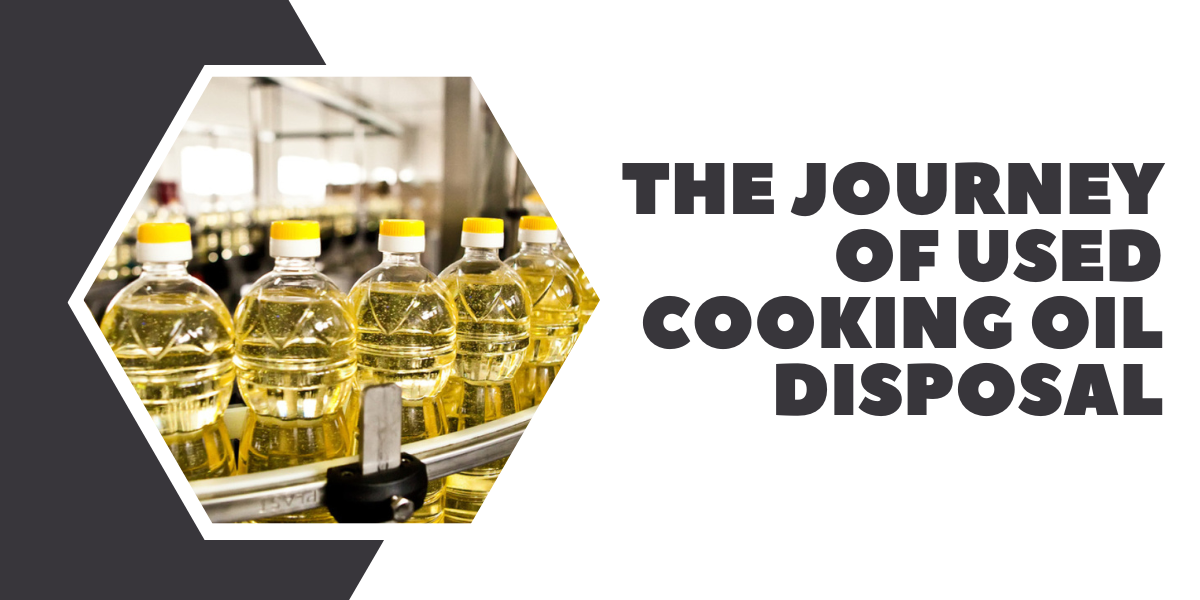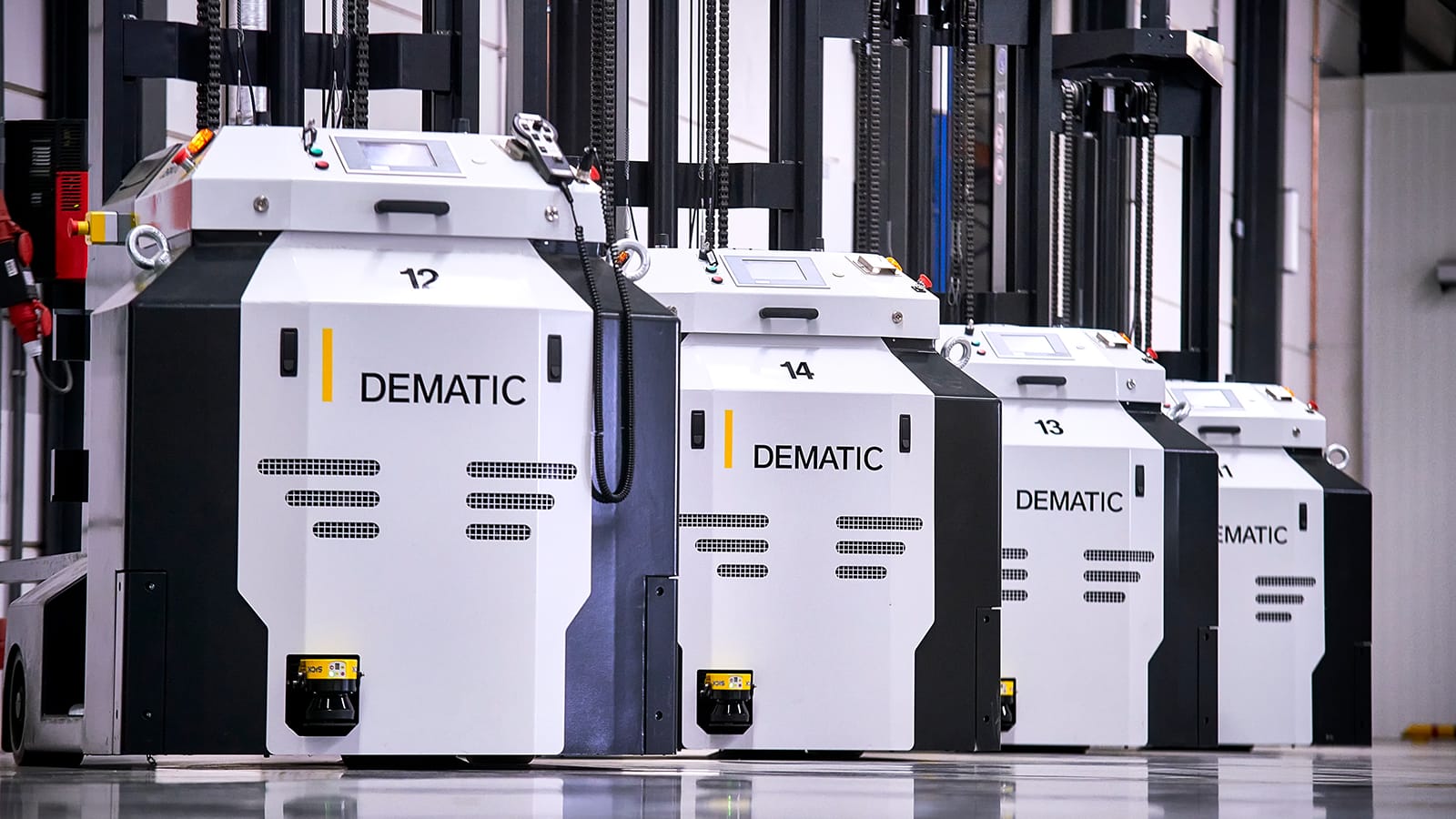In the heart of every kitchen, a humble yet significant challenge presents itself daily: what to do with the used cooking oil. Once the culinary creations are savored, the aftermath of cooking remains in the form of residual oil. As society’s focus on sustainability grows, the journey of used cooking oil disposal has transformed from a mere inconvenience to a crucial aspect of responsible waste management. This journey, from kitchen to recycling, highlights the potential of turning culinary byproducts into resources while minimizing environmental impact.
The Traditional Predicament
Traditionally, used cooking oil was often discarded thoughtlessly, leading to a host of environmental problems. Pouring grease down the drain can lead to clogged pipes and sewer systems, causing inconvenience to both homeowners and municipalities. Additionally, the improper disposal of used oil contaminates water bodies, harming aquatic ecosystems and disrupting natural processes.
Recognizing the dire consequences of improper disposal, society has shifted its approach, viewing used cooking oil as a potential resource rather than mere waste.
Collecting and Containing
The journey of responsible used cooking oil disposal begins in the kitchen. As culinary activities unfold, the oil used in frying, sautéing, and roasting accumulates. Rather than letting it go to waste, households, restaurants, and foodservice establishments can adopt the practice of collecting and containing used cooking oil.
Containers specifically designed for used oil storage are widely available, ranging from small receptacles for home kitchens to larger drums for commercial settings. Proper containment not only prevents spills and leaks but also maintains the oil’s integrity for later recycling.
Transition to Recycling
The shift from containment to recycling marks a crucial phase in the journey of used cooking oil disposal. Instead of viewing the used oil as a problem, recycling initiatives view it as a valuable commodity with diverse potential applications.
Used cooking oil is collected from various sources and transported to recycling facilities equipped with the technology to process and transform it. The recycling process involves filtering out impurities, removing food particles, and converting the oil into biodiesel, a renewable alternative to traditional fossil fuels. Biodiesel derived from used cooking oil is a more environmentally friendly option that produces fewer harmful emissions.
Sustainability and Circular Economy
The journey of used cooking oil from kitchen to recycling aligns with the principles of sustainability and the circular economy. By repurposing what was once considered waste, society is reducing its environmental footprint. Recycling used cooking oil conserves resources that would otherwise be used to produce new cooking oil or fossil fuels, contributing to a more sustainable future.
Furthermore, the practice of recycling supports local economies by creating jobs in the collection, transportation, and processing of used oil. This economic benefit, combined with environmental stewardship, strengthens communities and encourages responsible practices.
Community Participation and Education
The successful journey of used cooking oil disposal relies on community participation and education. Public awareness campaigns play a pivotal role in informing households, businesses, and institutions about the importance of responsible disposal and recycling. Collaborations between municipalities, waste management companies, and recycling facilities establish efficient systems for collecting and processing used cooking oil.
Educational initiatives promote the understanding that every drop of used cooking oil carries the potential to make a positive impact on the environment and society.
Conclusion
“From Kitchen to Recycling: The Journey of Used Cooking Oil Disposal” highlights how a shift in perspective and behavior can lead to substantial positive changes. By recognizing used cooking oil as a valuable resource, society has transformed an everyday challenge into an opportunity for sustainability and innovation.
The journey of responsible used cooking oil disposal serves as a microcosm of larger global efforts to minimize waste, conserve resources, and transition to renewable energy sources. As individuals, communities, and industries embrace this journey, they contribute to a more sustainable world where even the simplest of actions can make a significant difference.





